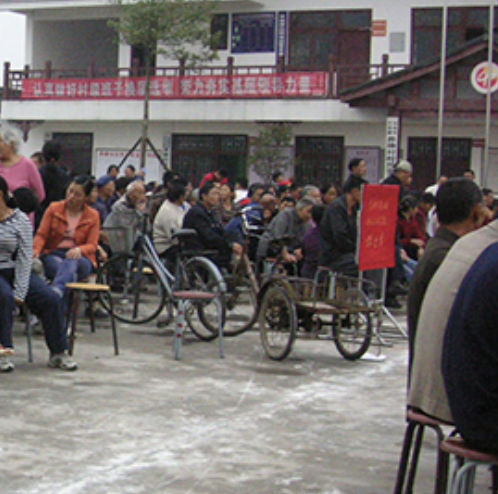Moving Data – Moving People Co-Investigators Jesper Willaing Zeuthen and Ane Bislev are coordinating the CATCH network alongside colleagues Jun Liu (University of Copenhagen), Christian Göbel (University of Vienna) and Hong-zen Wang (National Sun Yat-Sen University, Taiwan). The network has shared interests with the Moving Data Moving People project, as it will study blacklisting in its historical context.
The network now has a new website here
https://www.politics-society.aau.dk/collaboration-networks/catch
The network description and rationale are below
China’s social credit system has introduced a new system of electronic black-listing which has attracted much attention in Western studies of the system. While the digitalization of such categorization is novel, categorization of people and their resources into large manageable, easy to identify categories as a means of organizing China has a long history. Historically such categories have taken many forms. Many of these historical forms are central to social organization and well- documented, e.g. the household registration (hukou) system, clans, gender and ethnicity. The different forms of categorizations, are, however, rarely studied together, and the impact of new technologies and new ideas on existing forms of classifications is unknown.
The aim of the CatCh network is to provide an open platform for conceptualizing how different forms of categorization work as an original and innovative means of identifying and controlling people and resources in China, and how people on the ground, state authorities and commercial agencies apply and reconfigure existing or emerging categories to change or maintain their roles in society. The CatCh network mainly works with primary sources in Chinese.

Leave a Reply